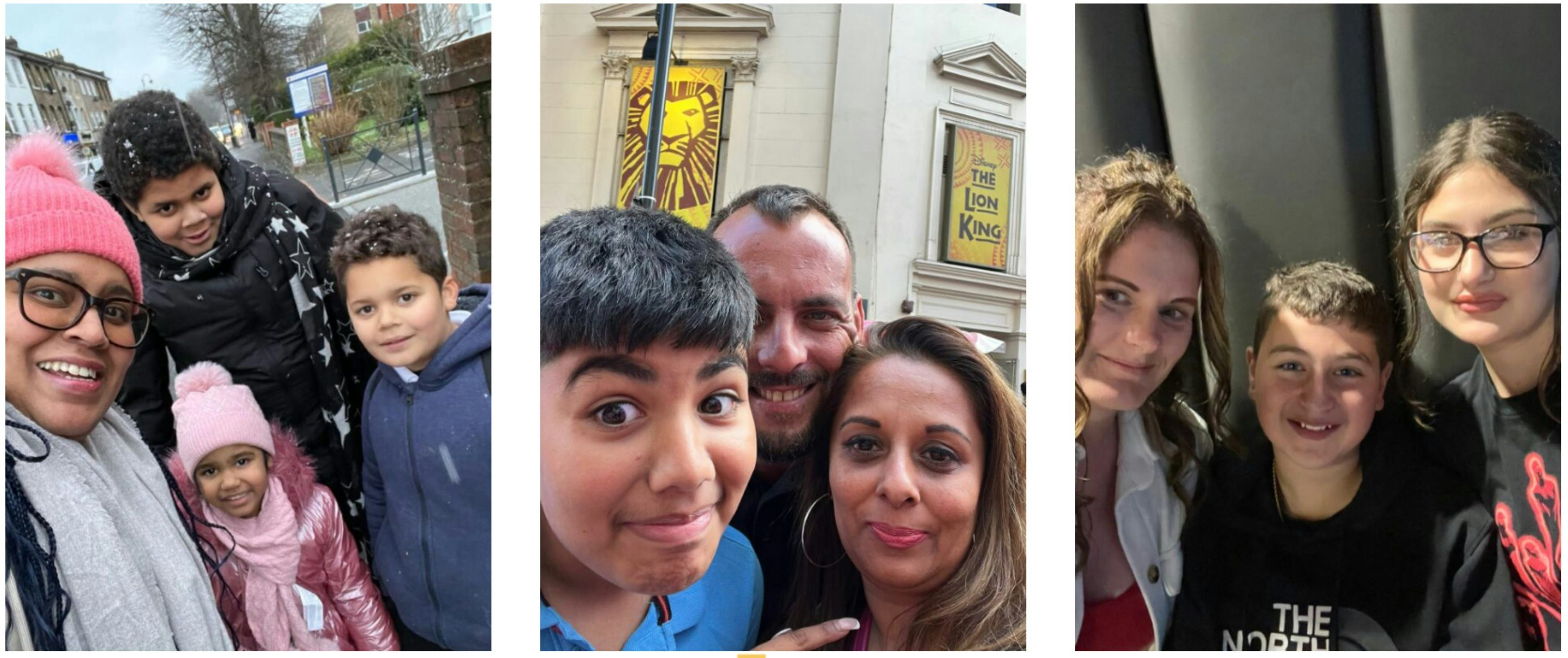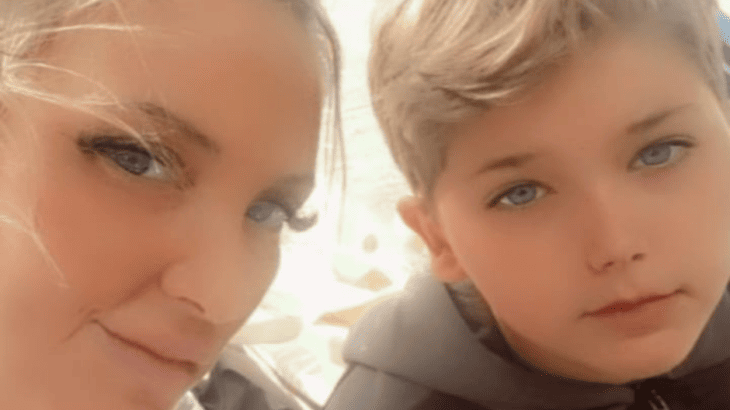“My lungs felt like they were filled with blood… I thought each breath that I take, I’m going to drown in my own blood” – a young man, hospitalised after being stabbed.
Those words are from a Sky News in-depth report, made together with our Greater Oasis Greater Manchester Navigator team this summer. Favour, who was working directly with this young man, explains that major trauma, such as a stabbing “does stay with you, not just for a couple of weeks, but it can go on for months, years, because it is something very scarring and traumatic.” She continues: “Having someone to talk to, being able to be very vulnerable with … that can lead you to find different spaces that are safe for you, and that can make a huge difference.”
Oasis Navigators work with young people aged 10–25 – and their families – who have been affected by, or are at risk of, violence. Commissioned and funded by the Greater Manchester Violence Reduction Unit, our team works across the whole of Greater Manchester, covering five hospitals and a custody suite – as well as school and community settings. To illustrate the extent of the area we cover, this summer our team completed a 40km relay between the hospital sites – raising funds for Oasis’ 40th anniversary NO ONE LEFT OUT campaign.
The Sky News report was just one of a growing number of media enquiries, as interest grows in what really works to reduce trauma and threat for young people who are caught up in violence and exploitation. Oasis Navigators have been running since 2021, and our work has expanded from individual mentoring to work with whole families; from response to prevention. We asked Project Coordinator and team leader Hannah Barton for some of the lessons of the past four years.

Long term listening
“At the heart of transformation in young people’s lives is trust. Young people need trusted adults who can sit with them, love them without an agenda, and give them time—allowing them to open up when they are ready, to whomever they need.
“In our experience, true transformation takes time and is rarely linear. The long-term mentoring relationships that our Navigators form allow hope, change, and new possibilities to slowly take root in young people’s lives.
“Crucially, this work is about meeting young people where they are—being open and present in a non-judgmental way. It’s often said that young people are hard to reach. They’re not hard to reach! They are literally walking through the doors of places every single day. But have we created opportunity for those young people to be listened to in those spaces?
“The question isn’t where to find young people, but how to create space in everyday environments—schools, hospitals, youth clubs—where they can be heard, believed, and supported. We need to foster ‘third spaces’ where young people can truly be themselves, while also navigating the demands of school expectations and their own needs. Long-term, trusted relationships are crucial for transformation, and they are the foundation of our Navigators’ work.”

Zach’s story
Zach always wanted to learn and build a life for himself, but he began in difficult circumstances. He was arrested for assault, expelled from college, and left homeless, moved from place to place. This had a devastating impact on his mental health. Stuck in a negative loop, he lashed out at others and spiralled further. “I felt unheard, ignored and alone,” he says.
At one of his lowest points, Zach connected with an Oasis Navigator. Through regular meetings, the Navigator encouraged him to seek medical support. “They saw the real me and encouraged me to get help.”
Zach was diagnosed with schizophrenia. He described the diagnosis as “enabling me to take control and make better choices in my life.”
Today, Zach is on a better path. He says: “My Navigator said they would be there every step of the way, and they were. They were there for me during the good and the bad times as well. With their help, I am building a life for myself.”
Avoiding Shame
“A major issue affecting young people caught up in violence is shame and stigma.
“Take, for example, the phrase ‘youth violence’. often used in the media. At Oasis, we avoid this term because it risks suggesting that violence is solely a youth problem, rather than a societal one. It creates a binary between types of violence, perpetrators and victims, and between ‘good young people’ and ‘bad young people’. We must disrupt this narrative because it paints a simplistic and divisive picture.
“All behaviour is communication. When young people become involved in violence, it is often a symptom of deeper issues such as poverty, trauma, exclusion, and lack of opportunity. Punishing, shaming, or labelling young people does not build flourishing communities—it breads division and isolation.
“Even something as simple as clothing can create stigma. Many professionals or members of the public see hoodies as problematic. But hoodies are like a form of protection for many young people. They provide identity and belonging within their group. It isn’t about being untrustworthy—it’s about wanting to feel seen. We really try to avoid judgement and instead respect the lived realities of young people.”

Working holistically
“We don’t just work with individual young people. Neither do we work alone. We’re networked with local partners across different environments – hospitals, paramedic services, community spaces, schools and more – to support young people in a joined-up way.
“We talk now about an ecosystem model. We really believe that young people can only thrive when they are in an ecosystem that supports healthy life and operate on multiple levels. Oasis has secondary academies in Salford and Oldham. We’ve all been working together with our Stop the Traffik team – using their data expertise – to understand what the risk factors are for young people in our community and the specific routes to exploitation.
“One of the most transformative things for us has been the addition of our Parent and Carers’ Service (PACS) – dedicated to supporting parents and carers who are concerned about their child, or worried that they may be at risk of violence. We listened to parents and our research showed that caregivers were looking for one-to-one support, peer support, and advice and guidance. We now run ‘Oasis Encounter’ groups using Non Violent Communication skills. Parents and carers who have been part of groups have gone on to lead cohorts of their own – creating a peer-led community of support.”
Not the end of the story
Oasis Navigator’s work has impacted hundreds of young people and their families in the past four years. We asked Hannah to sum up that impact for us.
“I think this work is a daily reminder that violence, trauma, and adversity don’t have to be the end of the story. There is healing. There is a way back, even from really difficult situations. And there is a way forward. It’s not easy, it’s not without setbacks, it’s not perfect. But we have seen so many young people build positive lives and good futures for themselves. That’s what inspires us to do what we do!”







